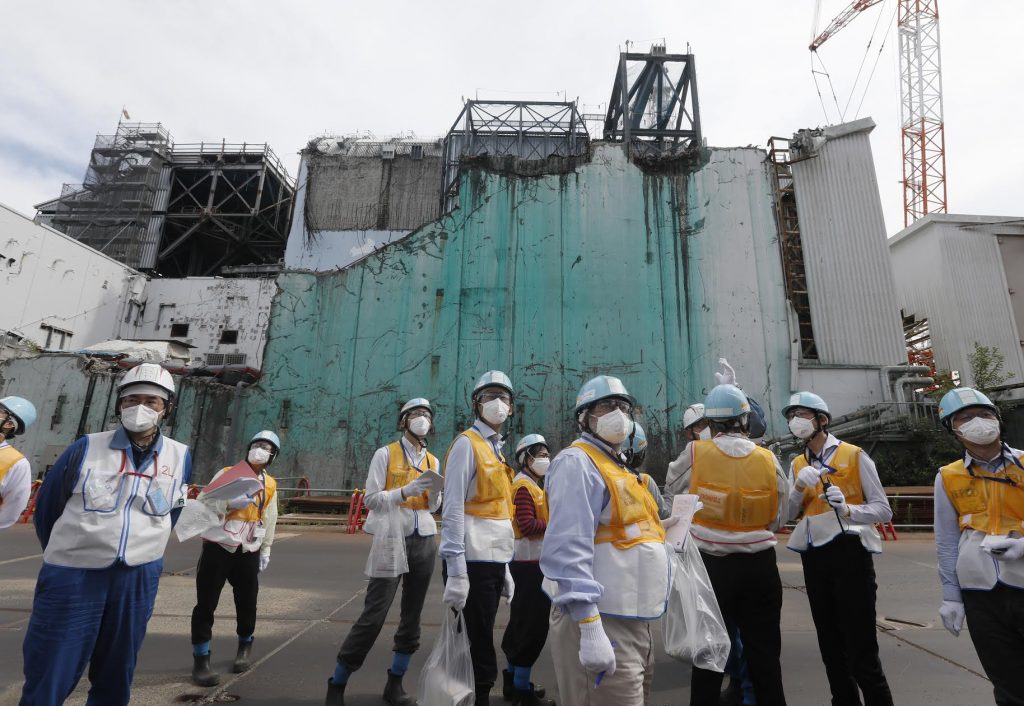
- ARAB NEWS
- 02 Jul 2025

TOKYO: The Japanese government said Monday that melted fuel debris in the No. 2 reactor of the crippled Fukushima No. 1 nuclear power plant will be the first to be removed in its cleanup effort.
The plan was shown in a draft of its updated roadmap for scrapping the Tokyo Electric Power Company Holdings Inc. plant in Fukushima Prefecture, northeastern Japan. Of the six reactors at the plant knocked out by the March 2011 earthquake and tsunami, fuel melted down in the No. 1 to No. 3 units.
The plan came after government-backed Nuclear Damage Compensation and Decommissioning Facilitation Corp., or NDF, in September proposed that the fuel debris removal work be conducted at the No. 2 reactor ahead of the other two heavily damaged units. According to NDF, the No. 2 unit has seen the most advanced inspections of the inside of the reactor and radiation levels around the site.
A robot arm will be inserted into the reactor's containment vessel through an opening to suck out melted fuel, and the fuel debris will be transferred to a special container and stored at a facility within the plant, the government said. Work to collect samples of the fuel debris will be conducted in 2021.
The draft also outlined a plan to take out fuel remaining in spent fuel pools at the plant by the end of 2031. Currently, pools at all reactors except for the No. 4 reactor store nuclear fuel rods. Fuel in the No. 4 reactor pool has already been removed.
The removed nuclear fuel debris and fuel rods will be preserved in a method called dry cask storage, which does not use water as a coolant.
Meanwhile, the draft said that the decommissioning work will be completed in "in 30 to 40 years," unchanged from the initial target.
JIJI Press